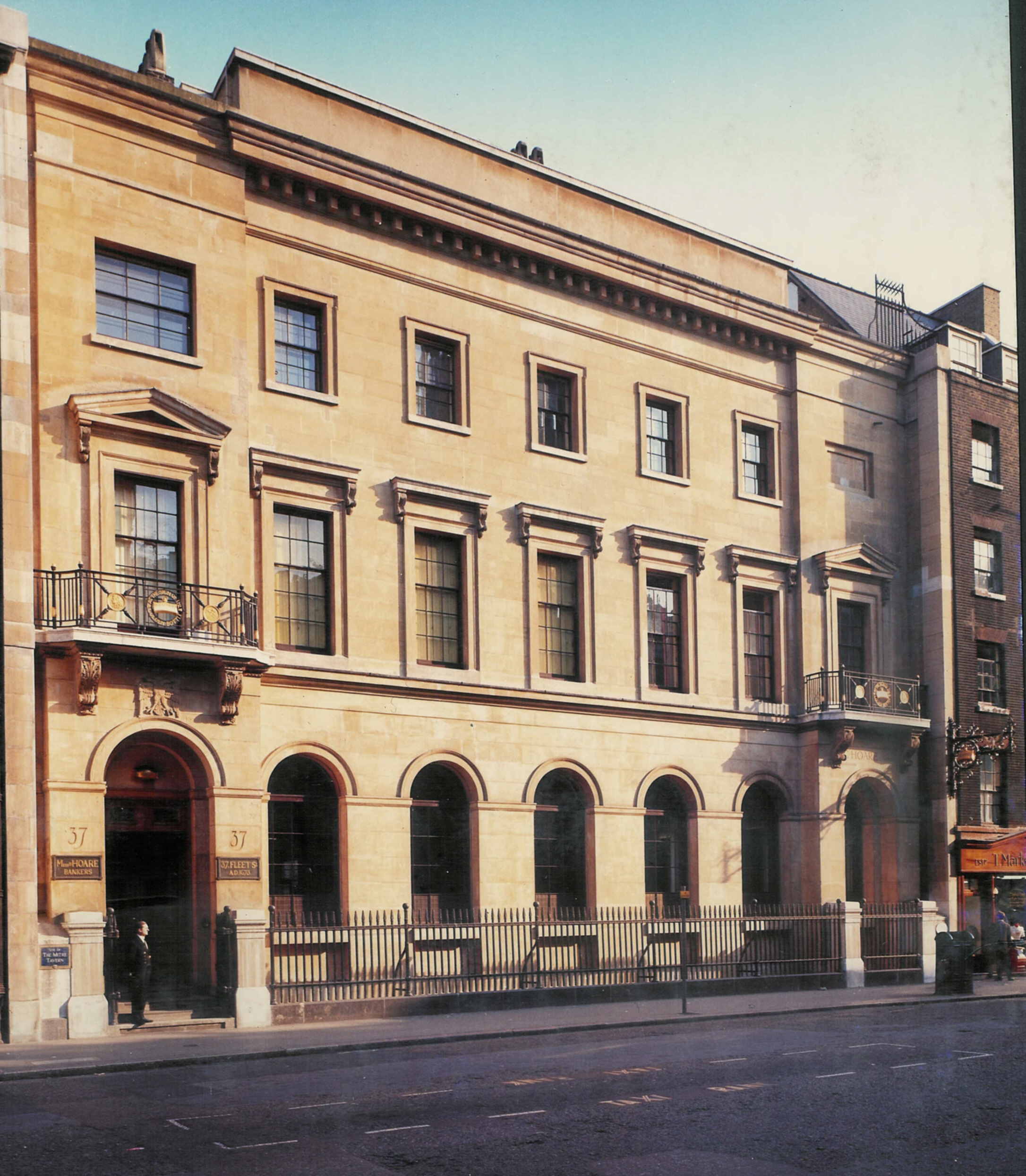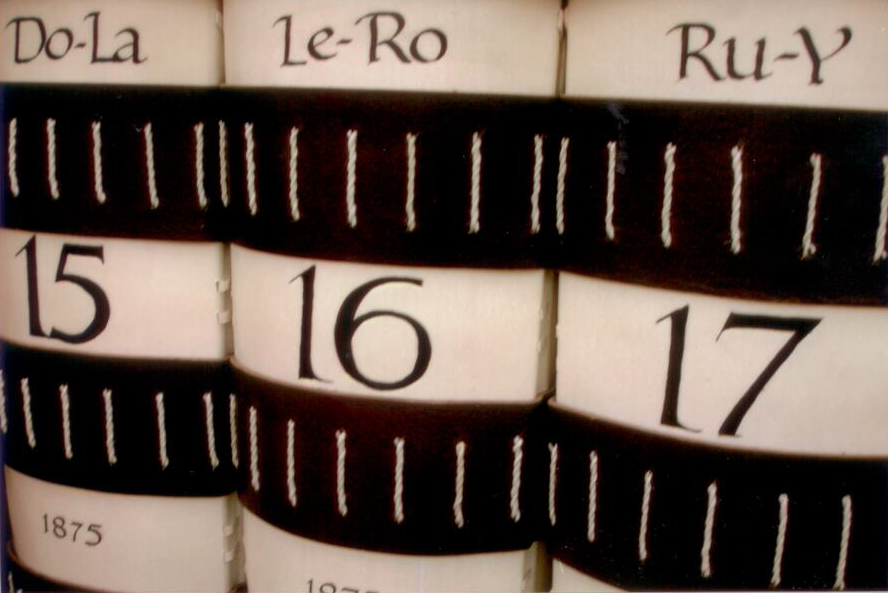
Currently on our New Books Display for the month of February, you can find a wide selection of the latest additions to the History Faculty Library’s collection, covering a range of historical periods and subject matter. Several items are featured below, along with a short summary of their contents. Click the photo to be taken to the item’s SOLO record. All NBD items can be borrowed at the Circulation desk in the Lower Camera reading room.
The Mughals and the Sufis: Islam and Political Imagination in India, 1500-1750 by University of Chicago Professor Muzaffar Alam, presents the author’s findings through a critical study of a large number of contemporary Persian texts, court chronicles, epistolary collections, and biographies of Sufi mystics. Professor Alam examines the complexities in the relationship between Mughal political culture and the two dominant strains of Islam’s Sufi traditions in South Asia. Muzaffar Alam analyses the interplay of these elements, their negotiation and struggle for resolution via conflict and coordination, and their longer-term outcomes as the empire followed its own political and cultural trajectory as it shifted from the more liberal outlook of Emperor Akbar “The Great” (r. 1556-1605) to the more rigid attitudes of his great-grandson, Aurangzeb Alamgir (r. 1658-1701). Alam brings to light many new and underutilized sources relevant to the religious and cultural history of the Mughals and reinterprets well-known sources from a new perspective to provide one of the most detailed and nuanced portraits of Indian Islam under the Mughal Empire available today.
The Persistence of Party: Ideas of Harmonious discord in Eighteenth-Century Britain by Dr Max Skjönsberg examines the development of how the idea of a political party was viewed in the eighteenth century, at a time when some of the core components of modern, representative politics were being trialled. From Bolingbroke to Burke, political thinkers regarded party as a fundamental concept of politics, especially in the parliamentary system of Britain. In the eighteenth century, the concept of a political party was usually understood as a set of flexible and evolving principles, associated with names and traditions, which categorised and managed political actors, voters, and commentators. This book seeks to demonstrate that the idea of party as ideological unity is not purely a nineteenth- or twentieth-century phenomenon, but can be traced to its roots in the eighteenth century. Also available as an eBook through Cambridge Core, accessible once you are signed into SOLO via your Single Sign On.
 From Near and Far: a Transnational History of France by historian Tyler Stovall relates the history of modern France from the French Revolution to the present. The work considers how the history of France interacts with both the broader history of the world and the local histories of French communities, examining the impacts of such figures as Karl Marx, Ho Chi Minh, Paul Gauguin, and Josephine Baker, alongside the rise of haute couture and contemporary art movements. Particularly, the nation’s relationship with Europe, the United States, and the French colonial empire is contextualized and examined in depth. This ‘transnational’ approach to the history of modern France allows Dr. Stovall to explain how the theme of universalism, so central to modern French culture, has manifested itself in different ways over the last few centuries. Furthermore, it emphasizes the importance of historical narrative both within and outside the boundaries of the nation. From Near and Far therefore situates the reader in a vision of France that is simultaneously global and local.
From Near and Far: a Transnational History of France by historian Tyler Stovall relates the history of modern France from the French Revolution to the present. The work considers how the history of France interacts with both the broader history of the world and the local histories of French communities, examining the impacts of such figures as Karl Marx, Ho Chi Minh, Paul Gauguin, and Josephine Baker, alongside the rise of haute couture and contemporary art movements. Particularly, the nation’s relationship with Europe, the United States, and the French colonial empire is contextualized and examined in depth. This ‘transnational’ approach to the history of modern France allows Dr. Stovall to explain how the theme of universalism, so central to modern French culture, has manifested itself in different ways over the last few centuries. Furthermore, it emphasizes the importance of historical narrative both within and outside the boundaries of the nation. From Near and Far therefore situates the reader in a vision of France that is simultaneously global and local.
The Dutch Overseas Empire: 1600-1800 by Pieter C. Emmer and Jos J. L. Gommans is a new work that attempts to answer the question of how the Dutch empire compared to other imperial enterprises, and how it was experienced by the indigenous peoples who became a part of its colonial power. Beginning in the seventeenth century, the Dutch Republic emerged at the centre of a global empire that stretched along the edges of continents. In this empire, ideas of religious tolerance and scientific curiosity went hand in hand with severe political and economic exploitation of the local populations through violence and slavery. This pioneering history of the early modern Dutch Empire, encompassing two centuries, provides for the first time a comparative and indigenous perspective on Dutch overseas expansion. As well as the impact of the empire on the economy and society in the Dutch Republic itself, it also offers a fascinating window into the contemporary societies of Asia, Africa and the Americas: through their interactions, we see the effect of the Dutch overseas empire on processes of early modern globalization. Also available electronically through Cambridge Core, accessed via SOLO.
The Witches of St. Osyth: persecution, betrayal and murder in Elizabethan England by University of Exeter historian Marion Gibson is an account of witch trials in Essex (1581-2). Despite the history of English witchcraft and documented witch hunts and trials being studied extensively, the events are St. Osyth have been overlooked in previous scholarship. These accusations caused a destructive wave of persecution which tore apart this Essex community. Using fresh archival sources that pertain not only to the village of St. Osyth itself, but also its neighbouring hamlets, Gibson offers a comprehensive exploration into the sixteen women and one man who were accusd of practicing sorcery in addition to posing provocative and relevant questions about the way history is recollected and interpreted. Combining landscape fieldwork and readings of crucial documents, the author skilfully unlocks the poignant personal histories of those whose voices have been lost to history. Also available electronically through Cambridge Core, accessible through your SOLO account.
Queens of the age of Chivalry: England’s fourteenth-century Consorts, 1299-1409 by Alison Weir is the newest work by well-known public historian Weir, whose expertise lies in both medieval and post-medieval biography and historical fiction of the royalty of England, particularly when it comes to the lesser documented lives of female figures. Medieval queens were seen as mere dynastic trophies and political pawns, yet many of the Plantagenet queens of the High Middle Ages dramatically broke away from the restrictions imposed on them and wielded considerable influence over the male courtly figures who surrounded them, as well as the kingdom as a whole. Using personal letters and other vivid primary sources, Weir evokes the lives of five of these remarkable queens of the chivalric age: Marguerite of France, Isabella of France, Philippa of Hainault, Anne of Bohemia and Isabella of Valois. Each of these women lived through a period which oversaw some of the most environmentally and politically turbulent events in English and wider European history, including the Black Death, the Peasants’ Revolt, the Hundred Years War against France and baronial civil wars against their own monarchy. The turbulence of the fourteenth-century, and these Queen’s role in it, set the stage for the later dramatic events of the fifteenth and sixteenth centuries to unfold as the Middle Ages drew to a close and Europe entered the early modern period.
On Savage Shores: how Indigenous Americans Discovered Europe by University of Sheffield historian Dr. Caroline Dodds Pennock. This work has grown out of her cutting edge researches into the transatlantic journeys and exploration of Indigenous Mesoamerican and North American peoples during the sixteenth century. Although the reason for this was often due to the slave trade, Pennock documents other reasons for these individual’s travels to Europe – as diplomats, merchants and explorers. Pennock presents the story of the Brazilian king who met Henry VIII; the Aztecs who mocked up human sacrifice at the court of Charles V; the Inuk baby who was put on show in a London pub; the children of Indigenous American mothers and Spanish fathers who then returned to Spain – as well as the many servants employed by Europeans of every rank. The people of the Americas were regarded as exotic and were marginalised by European society; but their interactions, worldviews, and cultures still had a profound impact on European civilisation. Drawing on first-hand account of their surviving literature and poetry, as well as European eyewitness accounts, Pennock gives us a sweeping and monumental presentation of Indigenous American presence in early modern Europe.
Jewish Daily Life in Medieval Northern Europe 1080-1350: A Sourcebook is an edited collection with contributions by several social historians, designed to introduce researchers to the everyday lives of Jewish people living in the German Empire, northern France, and England from the 11th to the mid-14th centuries. The volume consists of translations of primary sources written by or about medieval Jews. Each source is accompanied by an introduction that provides it’s historical context. Through the sources, readers can become familiar with the spaces frequented by medieval Jewish Europeans, their daily practices and rituals, and their worldview and wider culture. The subject matter ranges from culinary preferences, garments, objects, and communal buildings and relationships. The documents testify to how Sabbath and holidays were enacted, weddings and births celebrated, and the mourning of the dead. Some of the sources focus on the relationships they had with their Christian neighbours, local authorities, and the Christian Church, while others shed light on their economic activities and professional life.









 East India Company
East India Company






